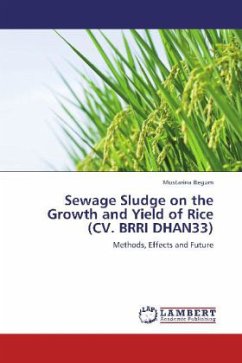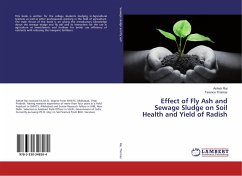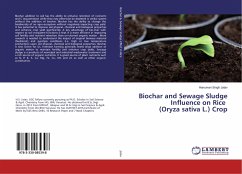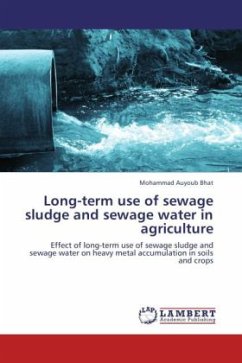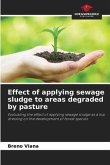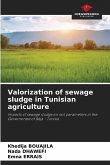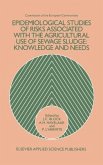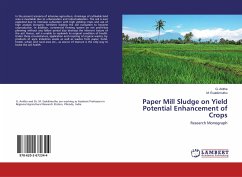Sewage sludge (SS) was collected with a view to evaluate the effects of sewage sludge on growth and yield contributing characters of rice (Oryza sativa L cv. BRRI dhan-33) and also to asses the properties of sewage sludge content compared to soil. There were five treatments viz. control (T1 = 100% soil), T2 (100% SS), T3 (50% soil + 50% SS), T4 (75% soil +25% SS), and T5 (25% soil + 75% SS). The pots were arranged in Completely Randomized Design (CRD) with 3 replication having 5 treatments. The results suggest that farmers of Bangladesh can grow rice plants on sewage sludge or with combination with soil. But, the further findings should be involved in the percentage of heavy metals (Cd, Cu, B, etc.) in sewage sludge. The overall findings of this study indicate that the use of sewage sludge might be encouraged in order to improving the fertility status of soil augmenting crop yield, simultaneously.
Bitte wählen Sie Ihr Anliegen aus.
Rechnungen
Retourenschein anfordern
Bestellstatus
Storno

